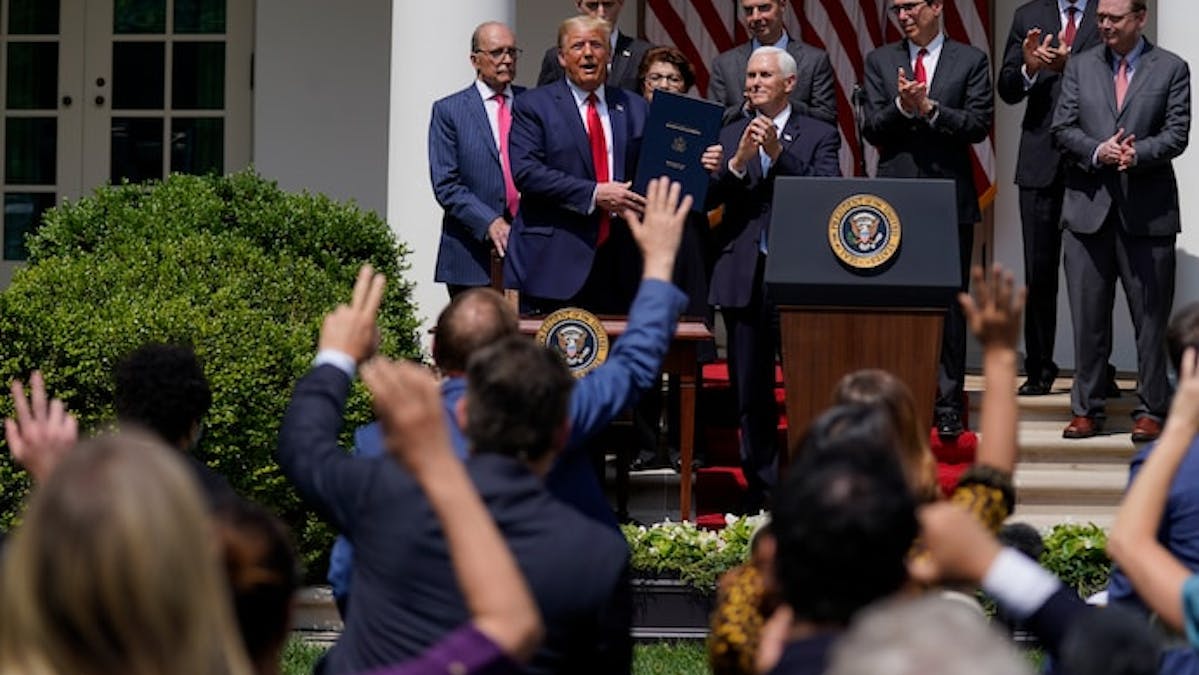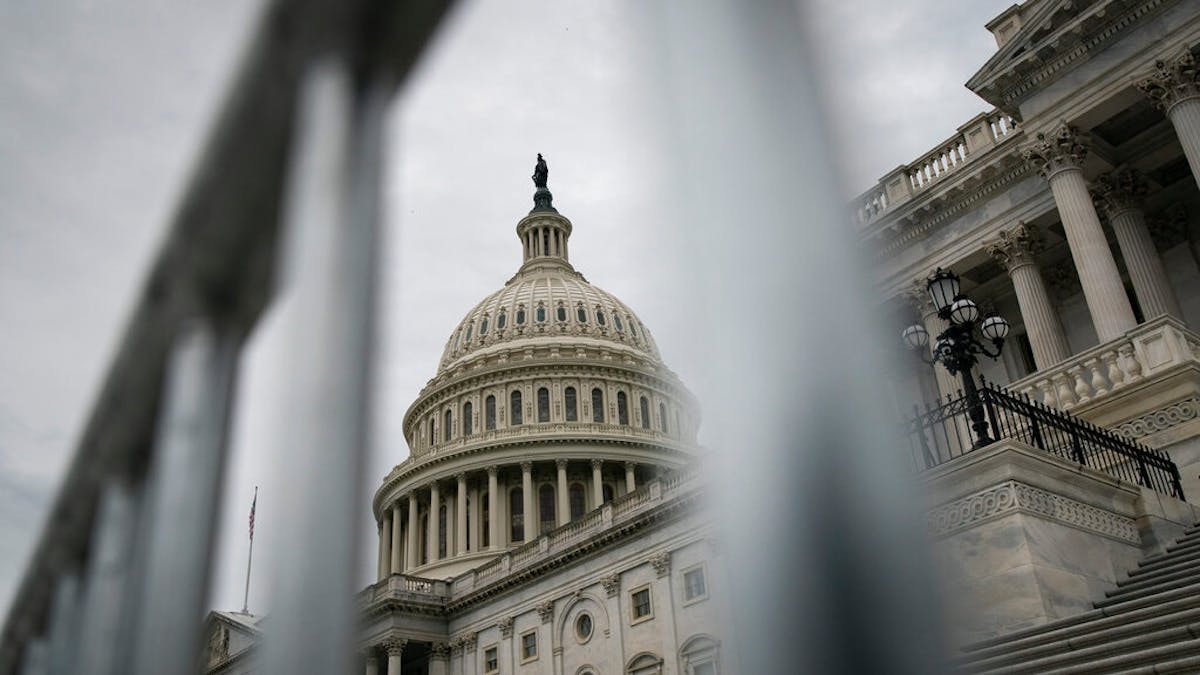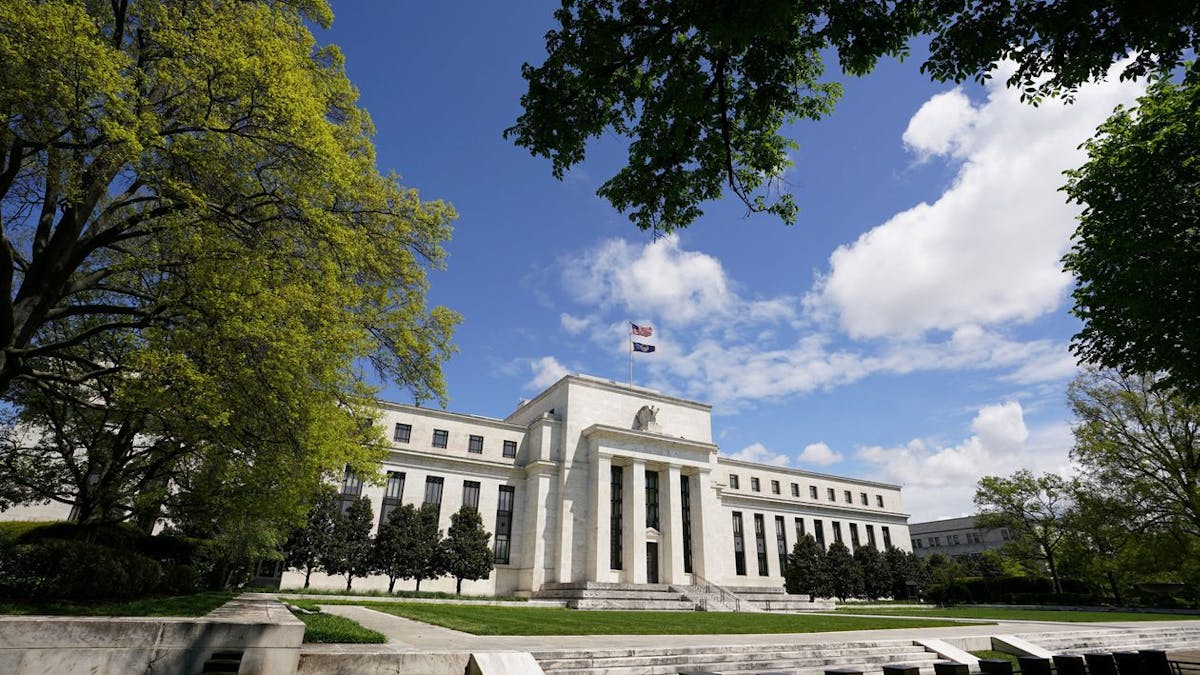
Brookings: Addressing the Other COVID Crisis, Corruption
In a July report, the Brookings Institution explores how COVID-19 oversight authorities might deal with new evidence of corruption from the Trump administration.
Reports from other organizations on fossil fuel industry bailouts and related topics. Opinions expressed in these publications are those of the authors and BailoutWatch has not independently confirmed their findings.

In a July report, the Brookings Institution explores how COVID-19 oversight authorities might deal with new evidence of corruption from the Trump administration.

In its third report, the Commission describes recent key actions the Treasury and the Federal Reserve have taken under the CARES Act.

The Fed's recent corporate debt purchases show that it is highly overweight on the energy industry.

Ceres offers a blueprint on how companies can establish systems that address climate change as a systemic risk and integrate this understanding into their direct and indirect lobbying on climate policies.

A joint report details how a federal stimulus focusing on clean energy can create millions of jobs and restart America’s economy.

Hundreds of the oil companies drilling on public lands that have received financial relief from the Interior Department are owned by political megadonors or have close ties to senior Interior officials' former clients.

Fossil fuels’ bailout demands have dominated policy battles stemming from COVID-19.

In this report, Public Citizen tracks lobbyists during the COVID-19 pandemic that are connected to the Trump administration, and calls for immediate disclosure on COVID-related federal spending.

Over the next five years, the PRAC plans to serve the American public by promoting transparency and the coordinated oversight of the Federal Government’s coronavirus response to prevent and detect fraud, waste, abuse, and mismanagement.

A new poll by Climate Nexus, the Yale Program on Climate Change Communication, and the George Mason University Center for Climate Change Communication finds voters would much prefer that lawmakers devote coronavirus relief efforts toward reducing greenhouse gas emissions and expanding clean energy, rather than providing aid to the fossil fuel industry.